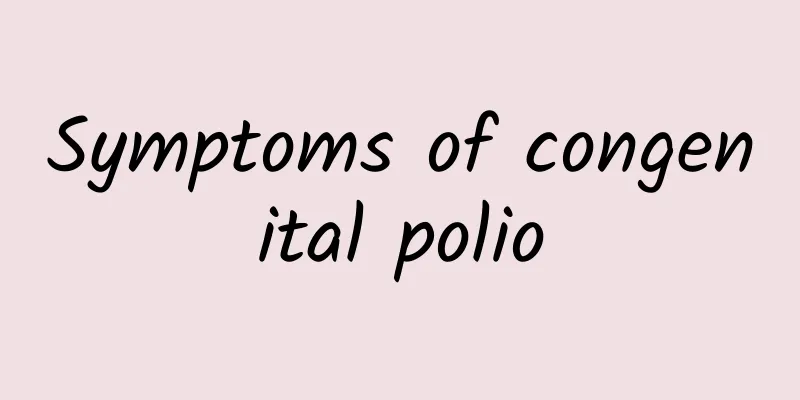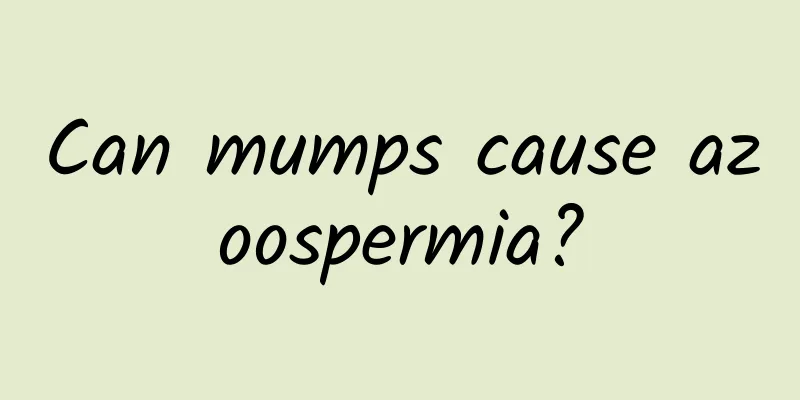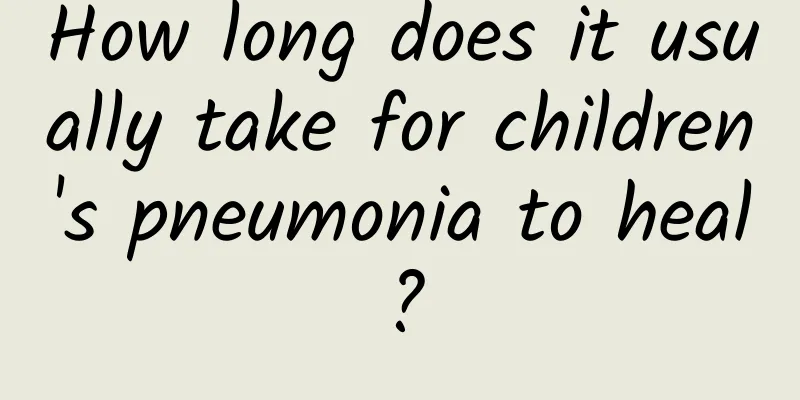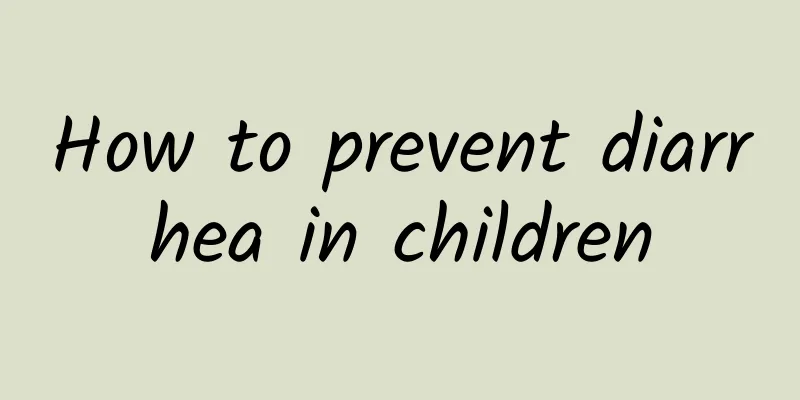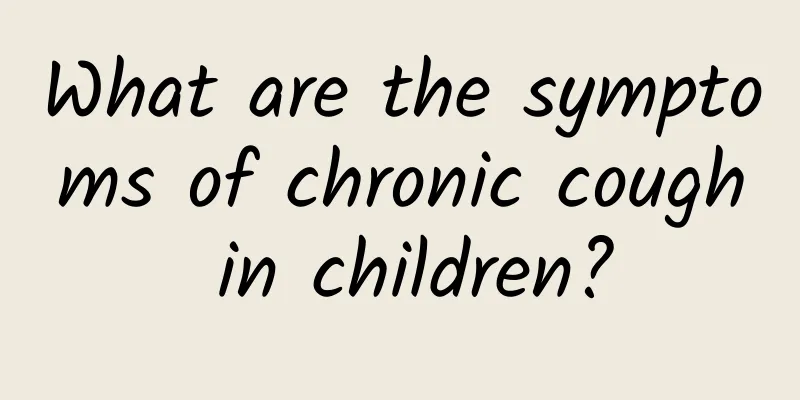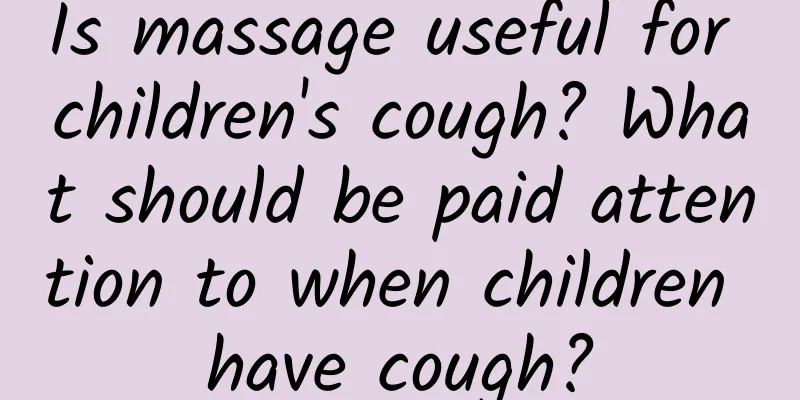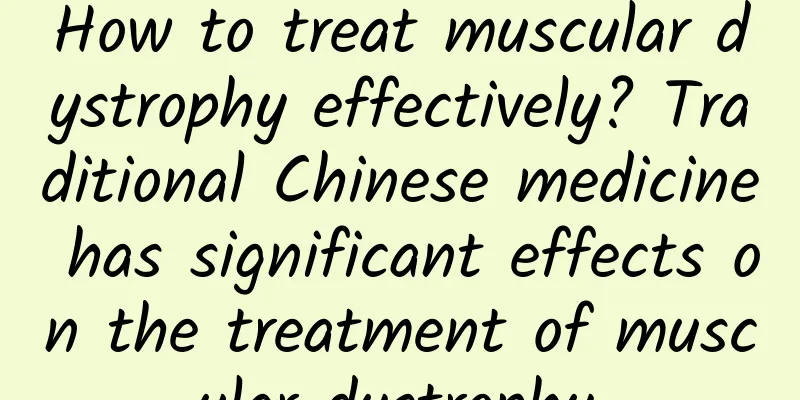What are the causes of neonatal pneumonia? What is the correct treatment for neonatal pneumonia?
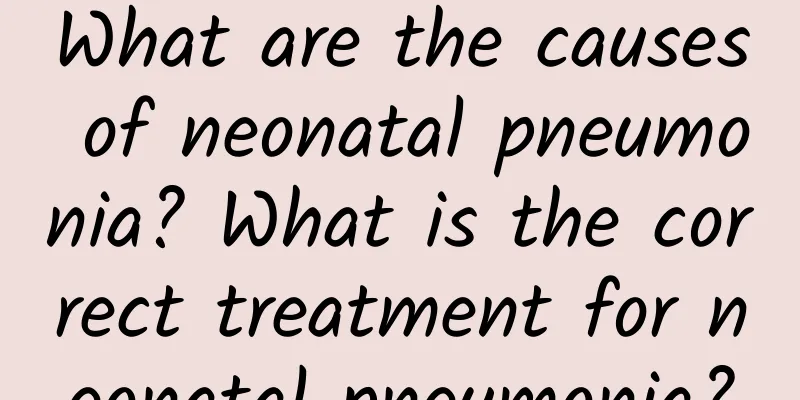
|
Neonatal pneumonia is a common pediatric disease. It is a general term for diseases caused by pneumonia reactions or secondary infections caused by inhalation of meconium, amniotic fluid, etc. in newborns. According to the cause of neonatal pneumonia, it can be divided into neonatal infectious pneumonia and neonatal aspiration pneumonia. Neonatal pneumonia not only affects children's respiratory function, but also endangers their lives. Next, let us learn about the causes and symptoms of neonatal pneumonia with Luo Haibiao, deputy chief physician of Shaoguan First People's Hospital. What is neonatal pneumonia? Neonatal pneumonia usually refers to neonatal infectious pneumonia, which can be transmitted from mother to child, such as inhalation of contaminated amniotic fluid or mother's illness, and can be transmitted to the baby through blood, such as mother's illness or fever during labor, or child's birth, more than 18 hours in advance of fetal membrane, these situations are prone to pneumonia. How is neonatal pneumonia caused? Neonatal pneumonia is mainly caused by infection. Infection can be transmitted to children through the mother's blood or contaminated amniotic fluid. Inhalation of infectious amniotic fluid at birth can also cause pneumonia. Children with blood infection may not show symptoms immediately after birth, and other symptoms may appear one after another after birth. Is the baby's spitting bubbles pneumonia? If a baby spits bubbles, it may not be pneumonia. Sometimes babies play with bubbles when they are playing with saliva or when milk is regurgitated. If the bubbles are accompanied by shortness of breath and hypoxia, pneumonia should be considered. Neonatal pneumonia must be hospitalized in time, because neonatal pneumonia will soon experience shortness of breath, foaming at the mouth, poor blood oxygen and even hypoxia after birth, so hospitalization is necessary. If pneumonia is treated with standardized treatment, the course of treatment is about one to two weeks. Timely treatment of neonatal pneumonia is very important. After the diagnosis of neonatal pneumonia, the appropriate drug should be selected according to the cause of pneumonia. If infectious pneumonia requires antibiotic treatment. At the same time, keep the newborn's airway open and strengthen care and monitoring. If the child has obvious symptoms such as difficulty breathing, endotracheal intubation and mechanical ventilation can be given to assist breathing if necessary to avoid suffocation. |
>>: What causes neonatal pneumonia? Does a baby's spitting of bubbles mean pneumonia?
Recommend
How harmful is diarrhea in children?
In life, some children have diarrhea, which may b...
16.6 Is neonatal jaundice serious?
16.6 Is neonatal jaundice serious? Neonatal jaund...
What is the standard for curing congenital heart disease in children?
When it comes to congenital heart disease in chil...
How to treat jaundice in children
How to treat jaundice in children? The treatment ...
Will neonatal jaundice affect intelligence? Neonatal jaundice can be cured quickly by treating it this way
Jaundice is a common symptom in newborns, but som...
What is ald
ALD, or adrenoleukodystrophy, is a rare genetic d...
The best specialist hospital for pediatric diarrhea
Autumn and winter are the peak seasons for diarrh...
What are the precautions for children with pneumonia? What are the dietary taboos for children with pneumonia?
Children are very susceptible to pneumonia, so ev...
Can tics heal themselves when they grow up?
Attention Deficit Hyperactivity Disorder (ADHD) r...
The best time and method of sun exposure for jaundice
Phototherapy is also what we call light therapy. ...
How to treat physiological jaundice? Three methods of rational jaundice to improve physiological
Jaundice is a very common disease in infants and ...
Is neonatal hepatitis an important cause of neonatal jaundice?
Neonatal hepatitis is indeed an important cause o...
What should I do if my baby has a hoarse voice? How should I treat my baby's hoarse voice?
If the baby is in a bad mood, he may cry, and if ...
What is jaundice and what are the symptoms
Jaundice is generally divided into physiological ...
Can polio be cured?
Poliomyelitis cannot be completely cured, but ear...
